Top Solutions for Common Issues with Rackmount IPCs
Rackmount Industrial PCs (IPCs) are critical assets in industrial automation, data acquisition, and control systems. Designed for reliability, durability, and continuous operation, these systems serve in manufacturing plants, transportation networks, energy management, and other high-demand environments. However, even high-quality rackmount IPCs may encounter operational issues that can impact performance, disrupt processes, or pose safety concerns if not addressed promptly.
YENTEK, a high-tech enterprise specializing in the research, development, production, sales, and service of industrial computing products, provides robust and innovative IPC solutions. Their products are engineered for demanding industrial conditions, yet like any sophisticated equipment, they require proper maintenance, troubleshooting, and operational awareness to achieve optimal performance.
This guide offers a detailed overview of the most common issues encountered with rackmount IPCs and presents practical solutions for maintaining reliability and uptime in industrial applications.
Understanding Rackmount IPC Architecture
Rackmount IPCs differ from conventional desktop or tower PCs due to their industrial-grade components and modular form factor. These systems typically include:
Chassis and rack-mounted frame: Designed for vibration resistance and efficient cooling in dense server racks.
Motherboard and CPU modules: Industrial-grade processors optimized for stability and thermal management.
Memory and storage units: ECC memory and solid-state drives for error correction and high-speed access.
Power supply units (PSUs): Redundant and wide-range input PSUs ensure continuous operation.
Expansion slots and I/O interfaces: Support for PCIe, serial ports, and industrial communication protocols.
Cooling systems: Fans, heat sinks, and airflow design tailored for 24/7 operation.
Understanding the architecture helps operators identify where potential problems may arise and informs effective troubleshooting approaches.
Identifying Overheating and Thermal Issues
One of the most frequent problems with rackmount IPCs is overheating, which can cause system instability, unexpected shutdowns, or permanent hardware damage.
Key indicators include:
Sudden system reboots or shutdowns
Performance throttling under normal workloads
Abnormal fan noise or fan speed fluctuations
Temperature warnings in system logs or monitoring software
Practical solutions include:
Ensuring adequate airflow within the rack and avoiding blockage of vent panels
Cleaning dust and debris from fans, heat sinks, and chassis interiors
Verifying the functionality of all cooling fans and replacing defective units
Monitoring system temperatures using onboard sensors or external monitoring software
Re-evaluating workload distribution to prevent localized overheating in high-load modules
YENTEK designs rackmount IPCs with advanced thermal management systems and robust fan configurations to mitigate these issues, yet routine inspection remains essential.
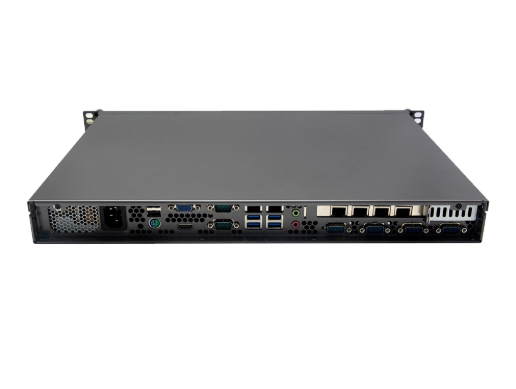
Addressing Power Supply Failures
Power supply units in industrial computers are subjected to voltage fluctuations, overloads, and environmental stress, leading to potential failure.
Symptoms include:
Failure to boot or intermittent shutdowns
Unstable voltage readings or PSU alarms
Overheating of power supply components
Strange odors or visible burn marks in severe cases
Solutions involve:
Testing input power to ensure compliance with PSU specifications
Checking for loose or damaged power cables
Replacing faulty PSUs with manufacturer-recommended units
Utilizing redundant PSUs for critical applications to maintain uptime
Implementing uninterruptible power supply (UPS) systems to buffer against power anomalies
YENTEK emphasizes the use of industrial-grade, high-efficiency PSUs to minimize such failures and extend system reliability.
Managing Memory and Storage Issues
Memory errors and storage failures can degrade system performance or result in data loss. Common signs include:
System freezes or blue screens
Unexpected application crashes
Slow read/write speeds or inaccessible drives
Data corruption on critical storage volumes
Troubleshooting and mitigation strategies include:
Running memory diagnostics to identify faulty modules
Ensuring proper seating and compatibility of memory DIMMs
Checking storage devices for bad sectors or signs of wear
Backing up critical data and replacing defective drives promptly
Implementing RAID configurations to improve redundancy and data integrity
YENTEK’s IPCs often include ECC memory and industrial-grade SSDs to minimize the risk of these issues, but proactive maintenance and monitoring remain essential.
Resolving Connectivity and I/O Problems
Rackmount IPCs rely on multiple input/output interfaces for communication with sensors, industrial controllers, and networking equipment. Connectivity issues can disrupt entire production workflows.
Indicators of I/O problems include:
Failure to communicate with peripheral devices
Network dropouts or intermittent connectivity
Inconsistent data acquisition or sensor readings
Port recognition errors during boot or runtime
Practical solutions:
Inspecting and reseating cables, connectors, and expansion cards
Updating firmware and drivers for I/O controllers
Testing ports individually to isolate faulty interfaces
Utilizing industrial-grade cabling and connectors to withstand environmental stress
YENTEK incorporates rugged I/O interfaces in their rackmount IPCs to enhance signal reliability and minimize downtime caused by peripheral failures.
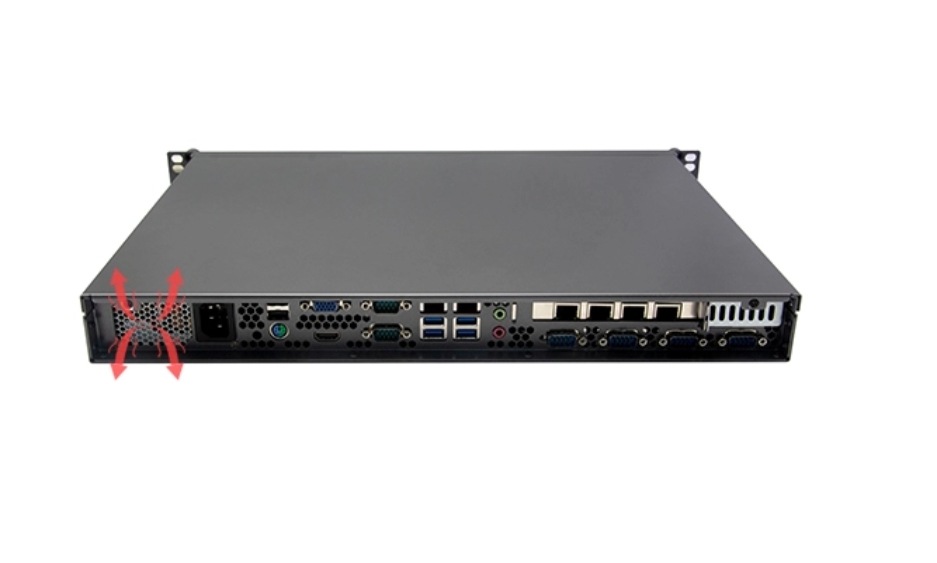
Troubleshooting Network and Communication Issues
Industrial networks often operate under demanding conditions, and IPCs must maintain stable connectivity for automation systems. Problems may arise from hardware, software, or environmental factors.
Common network issues include:
Packet loss or high latency
Unreachable devices on the network
Error messages related to network interfaces
Inconsistent data transfer rates
Effective solutions involve:
Verifying network cable quality and proper termination
Inspecting and replacing defective network interface cards (NICs)
Configuring static IP addresses or DHCP settings correctly
Ensuring compatibility with industrial communication protocols such as Modbus, PROFINET, or EtherCAT
Monitoring traffic to detect congestion or bottlenecks
YENTEK emphasizes pre-tested network solutions and built-in monitoring tools to assist operators in quickly diagnosing connectivity problems.
Preventing Software and Firmware Conflicts
Rackmount IPCs are dependent on software stability for operation. Conflicts between operating systems, device drivers, and application software can result in errors or system crashes.
Indicators include:
Inconsistent behavior after software updates
Boot failures or blue screens
Application incompatibility or system freezes
Solutions involve:
Ensuring software and firmware are compatible with the hardware platform
Installing updates in a controlled testing environment before deployment
Maintaining version control and rollback procedures for critical applications
Using vendor-provided diagnostic tools to detect software anomalies
YENTEK provides comprehensive support and firmware management for their IPCs, helping operators maintain a stable software ecosystem.
Handling Environmental Challenges
Industrial environments may expose rackmount IPCs to dust, vibration, moisture, and temperature extremes. These factors contribute to hardware degradation and operational instability.
Preventive measures include:
Installing IPCs in dust-controlled, vibration-damped racks
Using sealed or IP-rated enclosures in high-moisture environments
Implementing temperature monitoring and environmental alarms
Performing regular inspections to detect signs of corrosion or mechanical stress
YENTEK’s industrial computing products are designed with enhanced durability to withstand harsh environments, reducing the frequency of environmental failures.
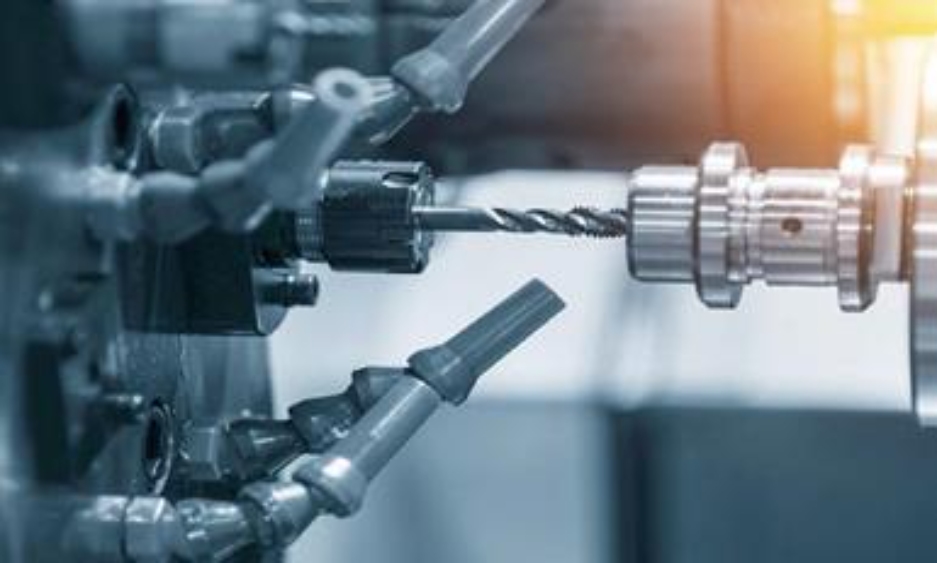
Implementing Routine Maintenance Procedures
Consistent maintenance is key to preventing unexpected IPC failures. Recommended practices include:
Cleaning internal components and fan filters
Verifying firmware and software updates
Checking connections and inspecting for signs of wear
Monitoring system health metrics and event logs
Scheduling proactive component replacement based on usage hours
Routine maintenance ensures consistent performance and minimizes unplanned downtime, safeguarding industrial workflows.
Ensuring Data Integrity and Backup Strategies
Data loss can have severe consequences in industrial operations. Ensuring reliable storage and backup practices is essential.
Solutions include:
Using RAID arrays to protect against drive failure
Implementing automated backup routines to secure critical data
Monitoring storage health using S.M.A.R.T. tools
Encrypting sensitive information to prevent unauthorized access
YENTEK offers storage solutions integrated with industrial IPCs that support redundancy and long-term data reliability.
Addressing Unexpected Shutdowns and Reboots
Sudden system reboots can be disruptive and result from hardware, software, or environmental causes.
Key troubleshooting steps:
Inspecting power supply stability and UPS functionality
Checking system logs for error codes related to drivers, hardware faults, or thermal events
Ensuring adequate cooling and airflow
Updating firmware and device drivers to resolve compatibility issues
By systematically isolating the cause, operators can restore system stability effectively.
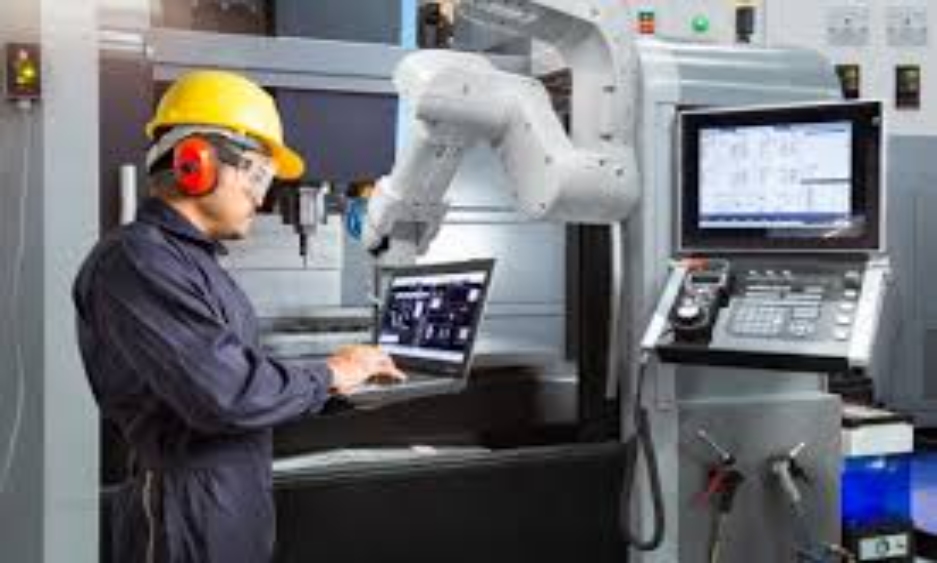
Optimizing System Performance
Maintaining optimal IPC performance requires a combination of hardware tuning, software configuration, and operational discipline.
Practical strategies include:
Disabling unnecessary background applications
Configuring BIOS and firmware settings for industrial workloads
Monitoring CPU and memory usage to prevent bottlenecks
Scheduling resource-intensive tasks during low-load periods
YENTEK’s IPCs are designed for high efficiency, but informed operator management ensures maximum utilization of system capabilities.
Building a Proactive Troubleshooting Culture
Successful industrial operations depend not only on quality hardware but also on the skills and awareness of operators. Establishing a culture of proactive troubleshooting involves:
Regular training and certification on IPC systems
Maintaining detailed logs of operational anomalies and resolutions
Conducting routine audits of hardware, software, and network components
Encouraging communication between operators, IT teams, and maintenance personnel
By fostering proactive problem-solving, organizations can reduce downtime and improve operational resilience.
Integrating Rackmount IPCs Into Industrial Systems
Rackmount IPCs function as the backbone of industrial automation and control systems. Effective integration involves:
Ensuring compatibility with PLCs, HMIs, sensors, and actuators
Coordinating network infrastructure for reliable data transfer
Aligning system redundancy and failover strategies
Implementing remote monitoring and diagnostic tools
YENTEK designs their industrial computing solutions to facilitate seamless integration, supporting complex production environments with robust performance and connectivity.
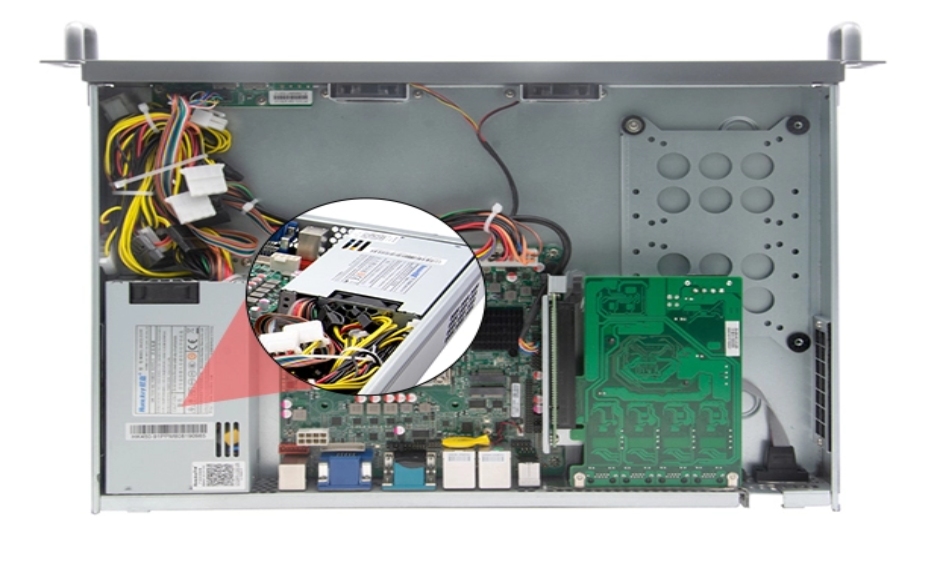
Conclusion
Rackmount IPCs are critical components in industrial computing, enabling automation, monitoring, and control across diverse applications. Common issues—including overheating, power supply failures, memory and storage errors, connectivity problems, software conflicts, and environmental stresses—can disrupt operations if not addressed promptly.
Practical solutions involve careful inspection, preventive maintenance, appropriate hardware selection, firmware and software management, environmental controls, and operator training. By implementing structured procedures and leveraging industrial-grade solutions, operators can maintain system reliability, optimize performance, and minimize downtime.
YENTEK, as a high-tech enterprise focused on R&D, production, sales, and service of industrial computing products, provides robust rackmount IPCs engineered to withstand industrial challenges. Combining durable hardware with proactive operational practices ensures that industrial computing systems operate smoothly, supporting critical processes efficiently and reliably.
Top Advantages of Rackmount IPCs in Automation and Control Systems
